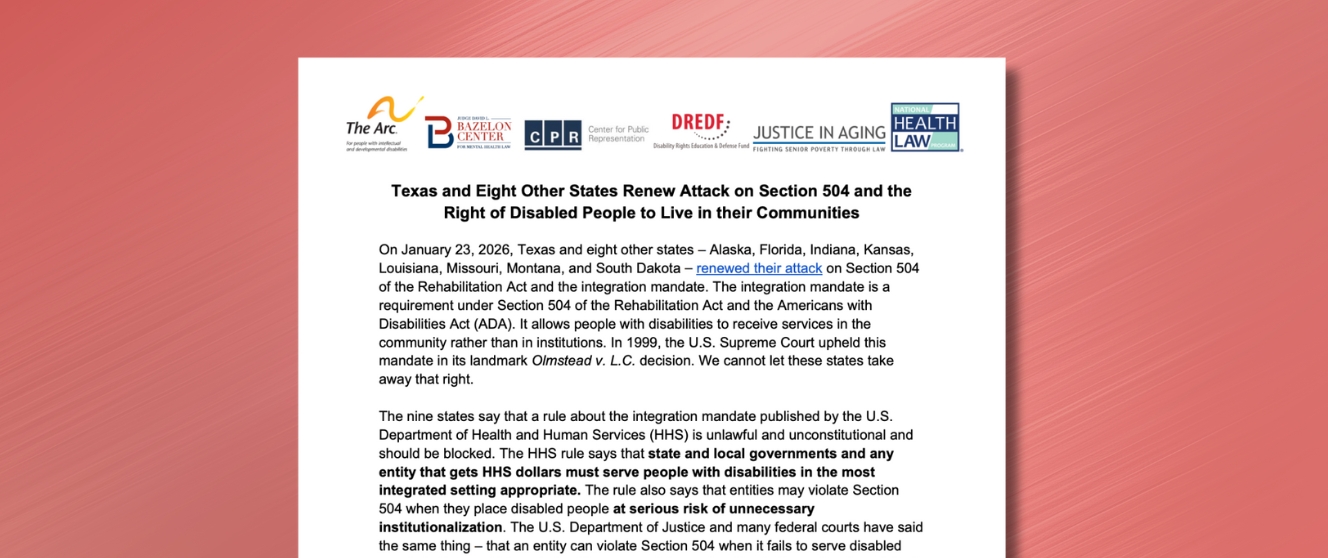
Disability Rights Education and Defense Fund (DREDF) mourns the loss of Diane Coleman, a lifelong advocate for disability rights and a steadfast opponent of the legalization of assisted suicide and euthanasia. As the founder, President, and CEO of Not Dead Yet, Diane was a pioneering force, elevating the voices of disabled people and advocating tirelessly against policies that threaten lives and dignity. Her work and fierce determination shaped how society views these issues, bringing clarity and compassion to complex debates that too often overlook the perspectives of those most affected.
“Diane was a force. She knew how far the disability rights movement has come, and how far it still has to go. She stayed on top of trends and continuously provided vision and leadership in advocacy efforts. We were honored to work alongside Diane in opposing efforts to legalize and expand assisted suicide and greatly benefitted from her experience and knowledge. Diane dedicated her life to protecting disability rights — and for that, we owe her a debt of gratitude,” said Michelle Uzeta, DREDF Deputy Director.
Diane’s distinguished career included roles such as Director of Advocacy at the Center for Disability Rights and Executive Director of the Progress Center for Independent Living, along with numerous appearances on national platforms and testimony before Congress. Throughout the years, DREDF worked with Diane to oppose assisted suicide and euthanasia in numerous projects. She’s a prominent contributor to Why Assisted Suicide Should Not Be Legalized and A Primer on Assisted Suicide Laws. Her insights, shaped by both her legal expertise and lived experience as a person with neuromuscular disabilities, will continue to resonate deeply within the disability rights community.
Alongside countless other disability advocates, Diane spoke on the specific failures of purported safeguards in assisted suicide laws before national, state, and local audiences, both in person and via webinars. She spent untold hours mentoring people with disabilities who sought to testify and advocate against assisted suicide policies, often people with firsthand experiences of medical discrimination and neglect. With patience and dedication, Diane took time to explain the flaws in these legislative safeguards to ensure that advocates had the tools they needed to make their voices heard.
Diane’s legacy reminds us that laws concerning life and death should be approached with the utmost care and respect for at-risk and multiply marginalized communities. We honor her memory by carrying forward her message: that dignity and true choice for people with disabilities must never be compromised.


